Gastric sleeve surgery is one of the most frequently used operations in bariatric surgery. This application is also known as Sleeve Gastrectomy in medical language. In practice, the stomach is formed into a tube with the help of surgical procedures. When we look at the digestive system, it is seen that almost all of this system is in the form of a tube. While the intestines and esophagus have a thin and long appearance, the stomach is in the form of a pouch so that it can take more food. With surgery, a large part of the stomach is removed in such a way that it cannot be converted, and it is turned into a system with the esophagus and then the intestines. In this application, no tube or foreign body is placed in the stomach. Because the shape of the stomach resembles a tube, the application is called tube stomach.
Reducing the stomach volume is not the only effect in the sleeve gastrectomy procedure. When the stomach is made into a tube shape by shrinking it, the hunger hormones secreted from the stomach are also seriously affected by this situation. People's cravings for food will decrease, and besides, the brain will feel less hunger. Gastric sleeve surgery draws attention with its mechanical effects as well as hormonal effects.
In Which Diseases Is Tube Stomach Surgery Preferred?
Tube stomach application is primarily preferred in the treatment of morbid obesity. In addition to morbid obesity, it also provides great benefits in the treatment of diseases such as type 2 diabetes. However, if the main target is not obesity, but diseases such as type 2 diabetes, bypass group surgeries are much more successful.
Gastric sleeve surgery can be preferred as a transitional surgery in people with severe obesity. Gastric sleeve surgery is used in preparation for bypass group surgeries in patients in the group of severely obese patients.
How is Tube Stomach Surgery Applied?
Sleeve gastrectomy is one of the surgeries performed under general anesthesia. This application is mostly applied closed, that is, laparoscopically. Depending on the surgeon or patients, application can be made through a single hole or through 4-5 holes. In addition, it is possible to perform gastric sleeve surgery with robots. Since the holes opened during the application are very small, it does not cause advanced problems in terms of aesthetics.
In order not to reduce the stomach too much during the surgery, a calibration tube is placed into the stomach entrance, equal to the diameter of the esophagus. With this calibration tube, the stomach is reduced like a continuation of the esophagus. In this way, problems such as excessive stenosis and obstruction in the stomach are prevented. After taking precautions related to vascularization and bleeding, the stomach is cut using special cutting and closing tools.
After the gastric sleeve surgery is completed, the calibration tube placed at the beginning of the operation is removed. During the surgery, using one or more techniques to test whether there is any leakage in the stomach is performed. In addition, similar tests are also performed after sleeve gastrectomy surgery.
For Which Patients Is Tube Stomach Surgery Appropriate?
Gastric sleeve surgery is one of the surgical techniques applied to people with morbidly obese patients. Although it is not as effective as classical metabolic surgery or gastric bypass surgeries, it provides positive results in terms of solving type 2 diabetes problems.
Sleeve gastrectomy surgeries are not preferred for people with uncontrolled diabetes or advanced reflux problems. Apart from obesity, if diabetes diseases are the target, more effective methods are preferred. In addition, it is possible to transform sleeve gastrectomy surgery into different surgical techniques in the future. With a second surgical application, sleeve gastrectomy applications can be converted to metabolic surgery techniques such as gastric bypass or Duodenal Switch.
Things to Consider Before Tube Stomach Surgery
Before sleeve gastrectomy surgery, people should go through extensive examinations. It is investigated whether there are problems such as heart diseases and stomach ulcers that prevent sleeve gastrectomy surgery. First of all, the problems that prevent surgery are eliminated and people are made suitable for surgical procedures. In some cases, these treatments applied before sleeve gastrectomy surgery may take months. Apart from this, dietitians and psychiatrists should also check their patients and evaluate their suitability for surgery. The important thing in this surgery is to eliminate the obesity problems of the patients without any problems.
Hospitalization procedures are carried out for the patients on the day of surgery. After the surgery, people need to stay in the hospital for 2-3 days. A special diet is first applied for 10-15 days in people with serious weight problems and especially those with fatty liver. With a special diet program, the liver is reduced and the surgery is made much safer.
Is There an Age Limit for Tube Stomach Surgery?
In general, obesity surgery, including tube stomach surgery, is not applied to people who have not completed their personal development, that is, who have not completed the age of 18. However, in some rare cases, surgical procedures may be considered if sufficient weight cannot be lost under the supervision of nutrition, child psychiatry, endocrine and child development specialists for a long time and if patients experience serious metabolism problems. But this happens quite rarely.
Except for exceptional cases, patients before the age of 18 cannot undergo tube stomach or other bariatric surgery. The upper limit for sleeve gastrectomy surgery is considered to be 65 years of age. If the general condition of the patients is good, it is thought that they can remove the surgical procedures, and the expected life expectancy is long, this surgery can be preferred at older ages.
What is the appropriate weight for sleeve gastrectomy surgery?
In obesity surgeries, including sleeve gastrectomy, body mass index is taken into account, not excess weight, when deciding on surgical procedures. Body mass indexes are obtained by dividing a person's weight in kilograms by the square of their height in meters. People with a body mass index between 25 and 30 are not included in the obese group. These people are called overweight. However, people with a body mass index of 30 and above are in the obesity class. Not every patient in the obese class may be suitable for sleeve gastrectomy or other bariatric surgery procedures. People who have a body mass index over 35 and have diseases and diseases caused by obesity can have sleeve gastrectomy surgery. Although people with a body mass index above 40 do not have any discomfort, there is no problem in having sleeve gastrectomy surgery.
Uncontrolled diabetes is an exception in these calculations. If the diabetes problems of the people cannot be controlled despite all diet and medical treatments, metabolic surgery can be performed if the body mass index is between 30-35.
Weight Loss After Tube Stomach Surgery
In sleeve gastrectomy operations, the stomach is reduced as a continuation of the esophagus and the application is provided. In addition to shrinking the stomach volume, the secretion of ghrelin, which is called the hunger hormone, will also decrease significantly. As the stomach shrinks in volume and the hunger hormone is secreted less, people's appetite also decreases. Information about proper nutrition should be given before and after the operation in people whose appetite is lost, who are satiated more quickly and who are fed less. Since people are satisfied with very little food after the surgery, it is important that these foods are of high quality and rich in protein, vitamins and minerals.
Who Is Not Applied to All Stomach Surgery?
People with active heart diseases, cancer and severe lung insufficiency are not suitable for sleeve gastrectomy surgery. Apart from this, surgery is not recommended for patients who do not have a certain level of consciousness. These surgeries are not recommended for people who are unconscious about their own well-being and who have low levels of consciousness due to congenital or acquired diseases. Sleeve gastrectomy surgeries are not suitable for people with advanced reflux and individuals who do not accept the nutritional rules after surgery.
What are the Advantages of Tube Stomach Applications?
The advantages of sleeve gastrectomy surgery are generally examined under two groups.
Advantages over No Surgery
Medicines, diets or sports do not provide as successful results as obesity surgery. In such patients, the results of surgery performed with sleeve gastrectomy or other obesity surgery methods always give better results.
Advantages Compared to Other Surgical Applications
Gastric sleeve surgery is much more effective than the clamp method, which is among the obesity surgery methods and used in the past. With the implementation of sleeve gastrectomy, methods such as clamps are rarely used. In gastric sleeve surgery, food transitions occur normally during feeding. It proceeds in the form of the esophagus, stomach and intestines, as in normal people. In this respect, it is one of the surgical methods that are suitable for the natural functioning of the human anatomy and digestive system. It draws attention with the fact that it is an easy and short-term application in terms of surgery. Since it is done quickly, the duration of anesthesia is also very short. For this reason, the complication rates that may occur due to anesthesia are also extremely low. Because of these advantages, sleeve gastrectomy surgery is one of the preferred obesity surgery techniques all over the world.
What are the Risks of Tube Stomach Surgery?
Gastric sleeve surgery risks are divided into 3 groups.
Surgery Risks in Obese Patients
There are various risks in the surgeries of obese patients such as lung, heart, embolism, kidney failure, lung extinction, muscle destruction. These risks do not only apply to sleeve gastrectomy surgeries. These risks can be seen in all surgical procedures applied to obese patients.
Gastric Sleeve Surgery Risks
Reflux problems may occur in the future in people after sleeve gastrectomy surgery. There are risks such as stomach bleeding or bleeding in the abdomen. There may be enlargement problems in the stomach, which takes the form of a tube. One of the most common risks in the early period is leakage problems. In case of stomach enlargement, people can gain weight again. Difficulties in emptying the stomach and swelling in the stomach, nausea or vomiting may occur.
General Surgery Risks
There are some risks that can be seen in patients in all surgical procedures. There may be conditions such as bleeding or infection in patients who have undergone surgery. All these risks can also be seen in individuals who have had sleeve gastrectomy surgery.
Nutrition After Gastric Sleeve Surgery
It is very important for patients to be careful about nutrition after sleeve gastrectomy surgery. After sleeve gastrectomy, patients should be fed a liquid diet in the first 10-14 days. Afterwards, special diets prepared by metabolism and endocrinology specialists should be followed in order to adopt a healthy diet and lifestyle.
If the stomach has difficulty in feeding, there may be cases of re-expansion. In this case, people can gain weight again. In this respect, protein choices are extremely important in nutrition after the operation. Care should be taken to consume the protein amounts determined for the patients during the day. Attention should be paid to the consumption of protein-rich foods such as fish, turkey, chicken, eggs, milk and dairy products.
In addition to a protein-based diet, it is also important to include foods such as fruits, vegetables and nuts in the diet. Patients should consume at least 3 main meals a day. In addition, consuming 2 snacks will be better in terms of healthy nutrition. Thus, the stomach is not hungry and overfilled. Losing weight will be easier as the metabolism will work faster.
During this period, keeping the body hydrated is another important factor. People should be careful to consume at least 6-8 glasses of water a day. If deemed necessary by the doctor, nutritional, mineral and vitamin supplements should also be used regularly.
How Much Weight Is Lost With Tube Stomach Surgery?
In individuals with sleeve gastrectomy surgery, more than half of their excess weight is lost in the 5-year period after the surgery. Since the nutrient absorption disorder in sleeve gastrectomy surgery is much less than in gastric bypass surgery, there is no need to take vitamins and minerals continuously after sleeve gastrectomy surgery.
Is Weight Gained After Gastric Sleeve Surgery?
Weight regain after sleeve gastrectomy surgery is approximately 15%. For this reason, it is an important issue to carry out meticulous medical checks in order to prevent people who have undergone surgery from gaining weight again.
Our People who have gastric surgery should be followed regularly by obesity teams. In this way, individuals are given holistic medical treatment.
Exercise After Gastric Sleeve Surgery
A doctor's approval should be obtained in order to do sports and exercise after sleeve gastrectomy surgery. Since sleeve gastrectomy is an important surgery, exercises that will force and compress the area should be avoided. Exercise after sleeve gastrectomy is usually started after at least 3 months after the operation. For a start, brisk walks would be ideal. It is important that the walks are carried out at the times and tempos determined by the doctor. Excessive effort should be avoided. Particular attention should be paid to avoiding exercises such as abdominal movements and weight lifting in sports.
Exercises that will develop muscle and bone structures as much as possible and also increase the condition should be preferred in exercises. It is extremely important for people to do sports without tiring their body too much, but in order to prevent deformations that may occur in the body due to their lost weight.
Social Life After Gastric Sleeve Surgery
Gastric sleeve surgeries are usually performed between 30-90 minutes. These times may vary depending on the anatomy of the individuals and the surgeons. It is extremely important that these surgeries are performed in the most ideal way possible.
After sleeve gastrectomy surgery, the duration of stay in the hospital is 2-3 days. Patients who have successfully undergone the operation and have no problems can return to their work life approximately 5 days after the operation. In addition, people can also perform activities such as going out at night and going to the movies if they want. However, in this process, it is of great importance for people to comply with the nutritional rules after the surgery.
Success of Gastric Sleeve Surgery in Turkey
Since Turkey is one of the countries that successfully perform sleeve gastrectomy surgeries, it is also frequently preferred in terms of health tourism. These surgeries are performed without any problems in terms of the equipment of the clinics and the experience of the surgeons. Moreover, due to the high foreign exchange in Turkey, patients coming from abroad can perform these procedures at extremely affordable prices. You can contact us for detailed information about sleeve gastrectomy surgery prices and specialist physicians in Turkey.


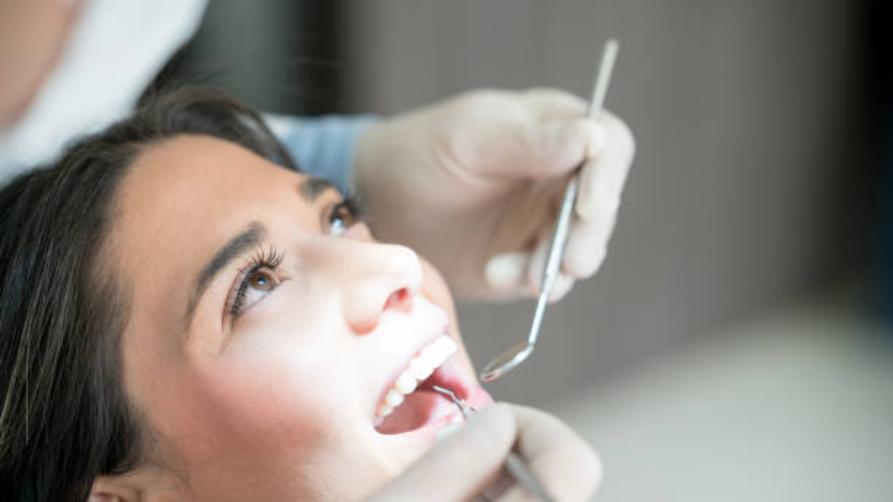
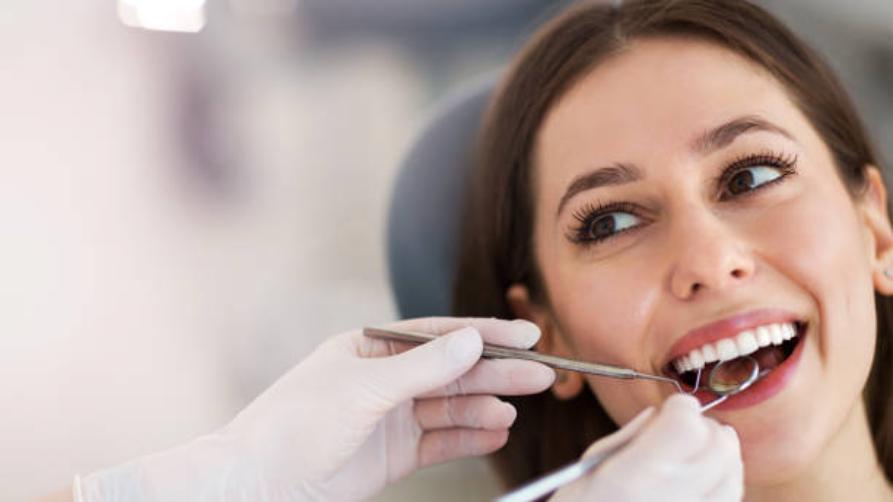
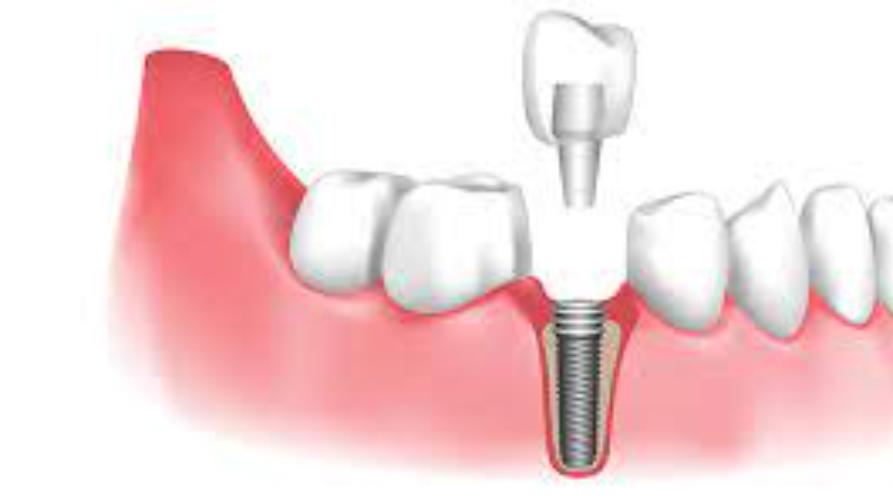
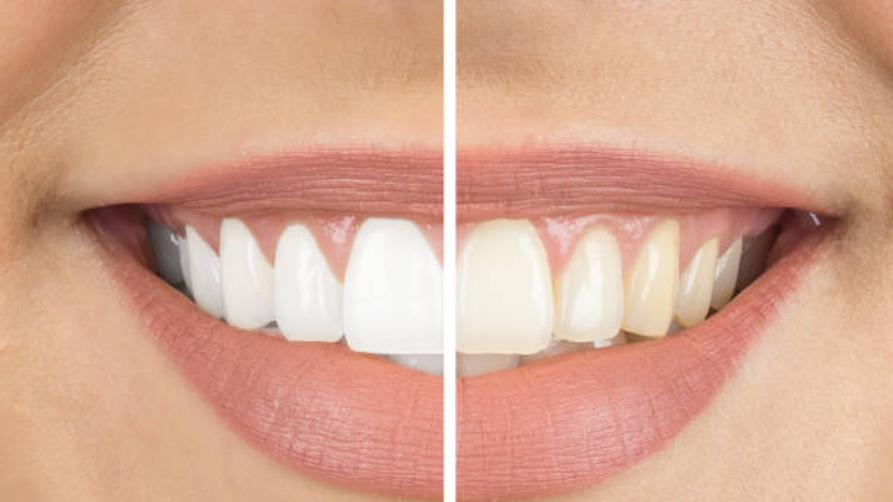

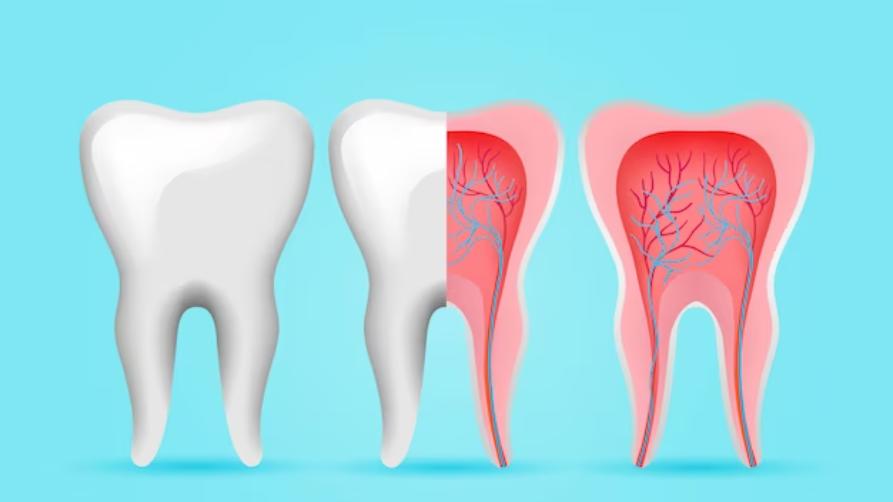

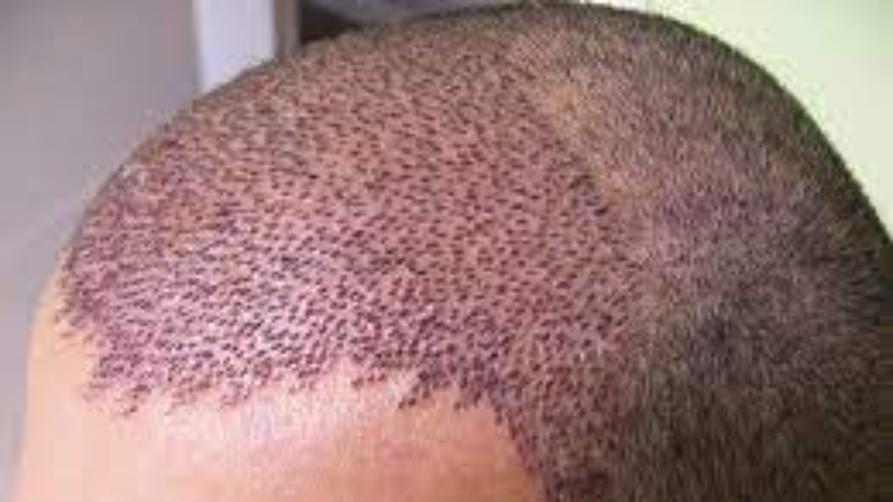

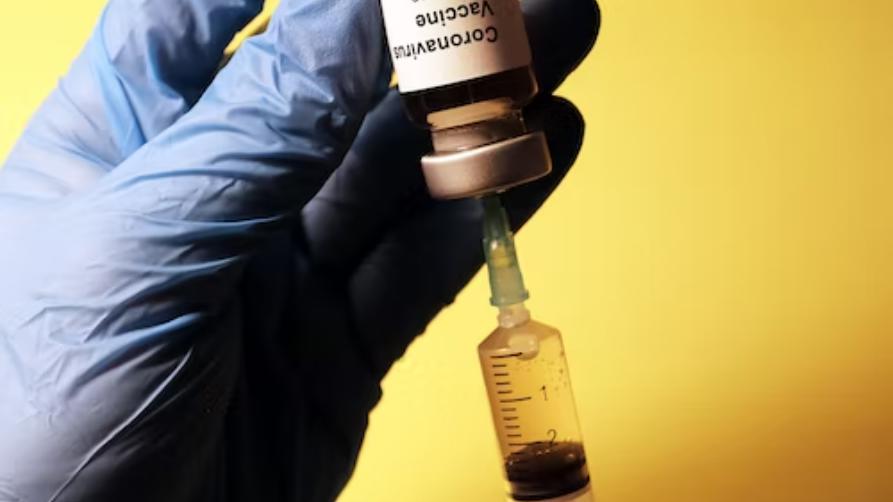
Leave a Comment